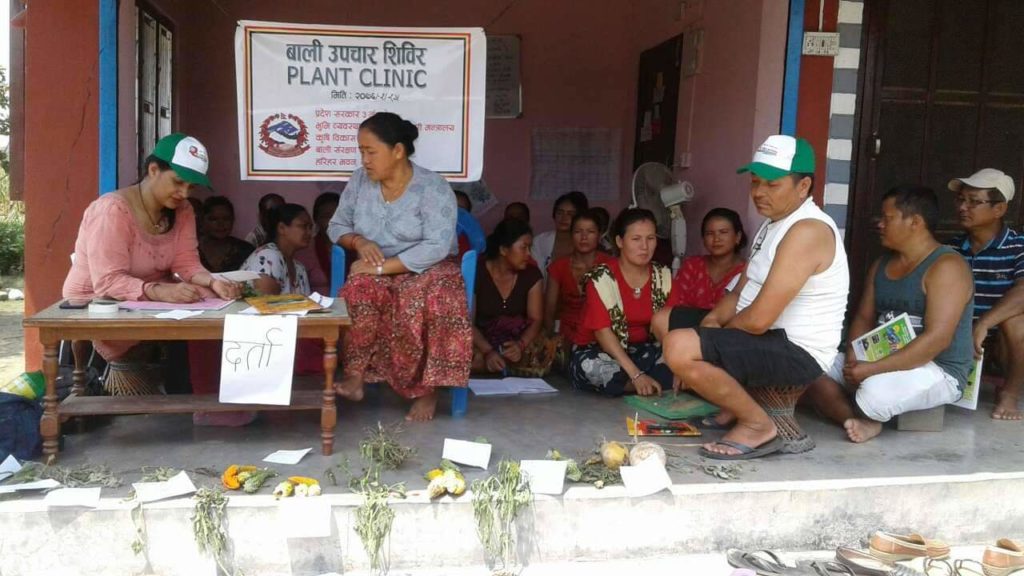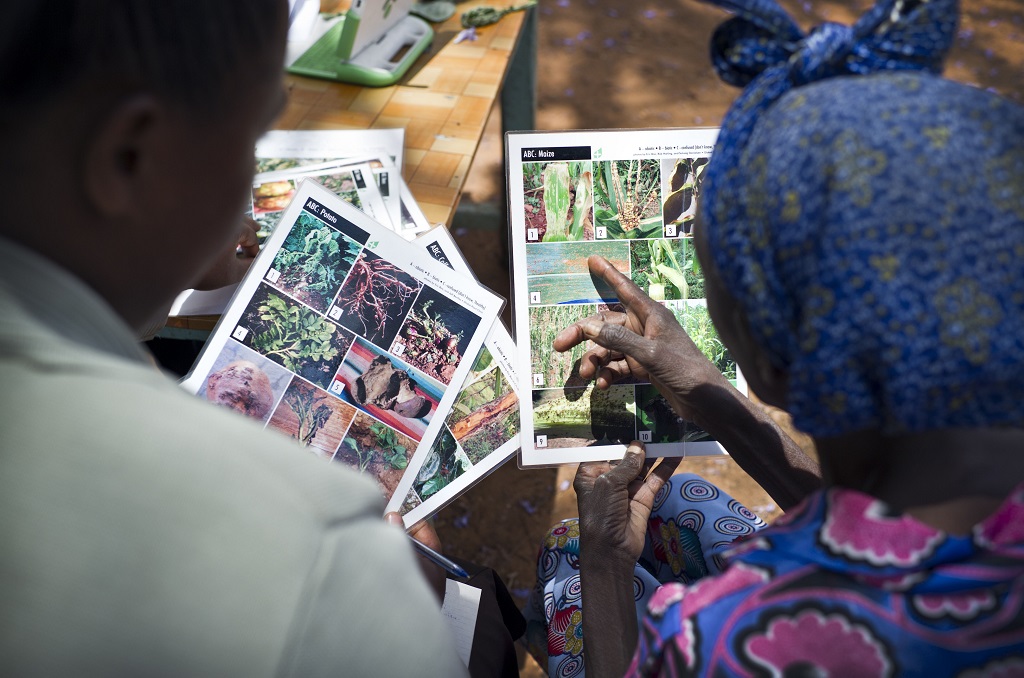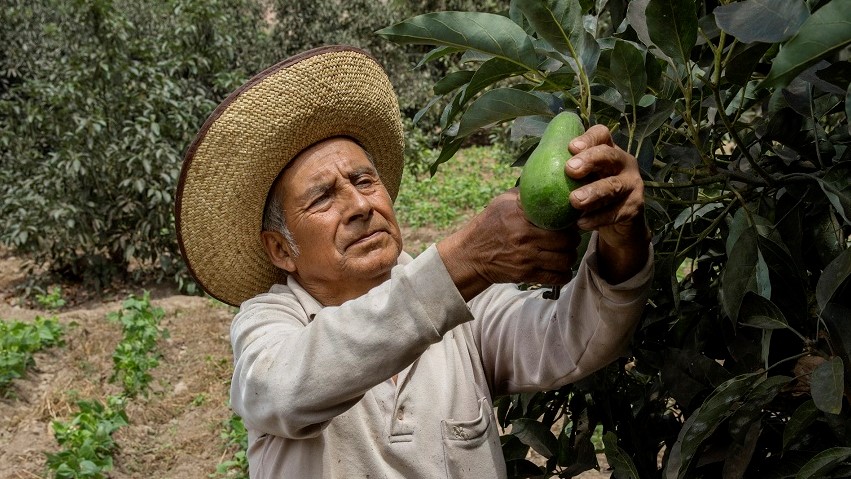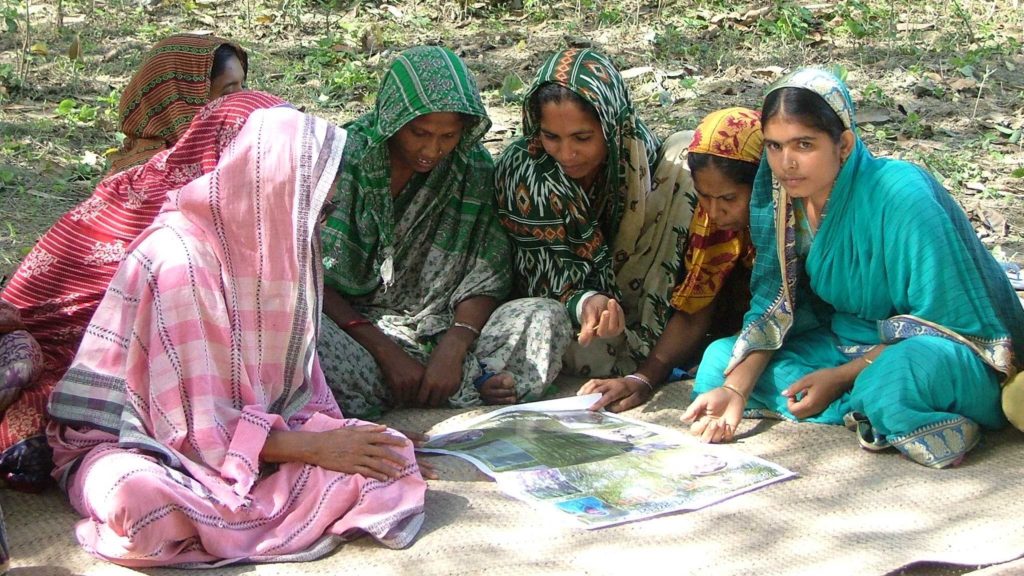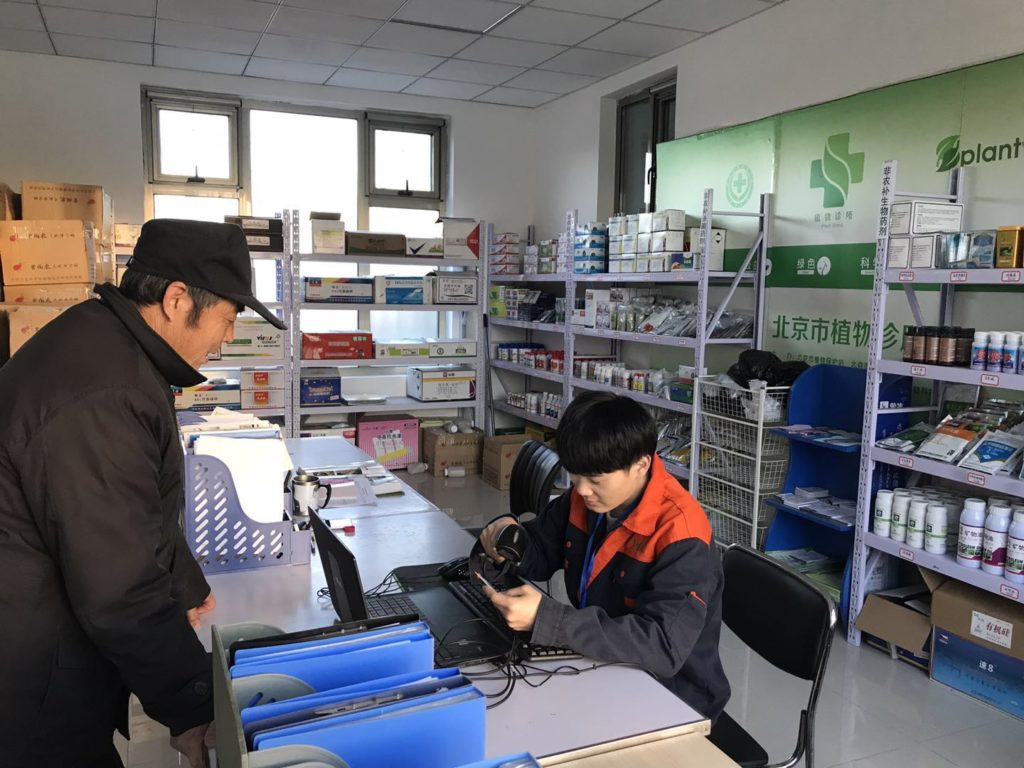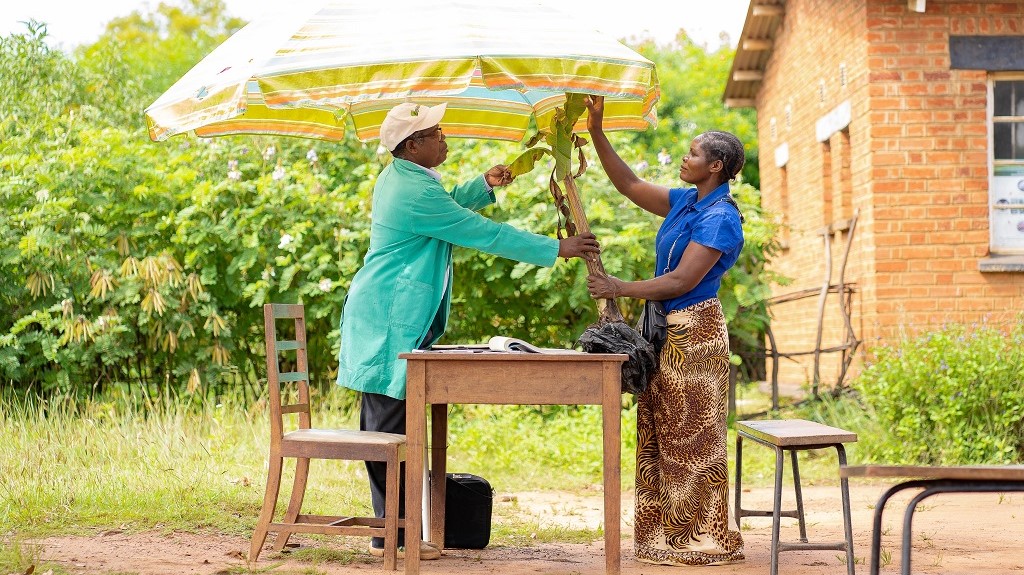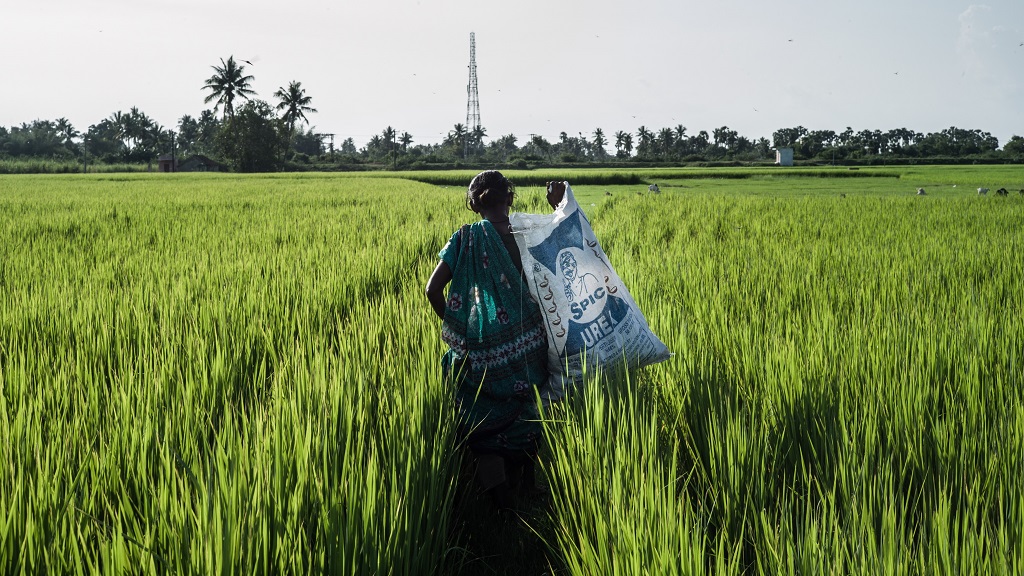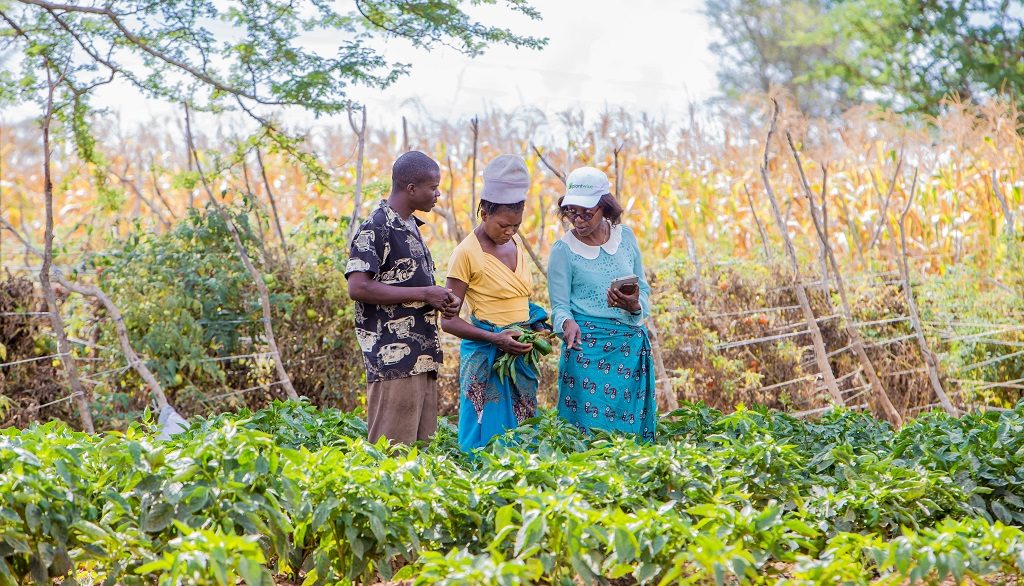Call for content: Knowledge Bank factsheets
The Plantwise Knowledge Bank is a gateway to practical online and offline plant health information, and reinfocing agricultural advisory services around the world that provide plant health advice to farmers. It includes diagnostic resources, best-practice pest management advice and plant clinic data analysis for targeted crop protection.
Remote technology transfer and advisory services for farmers during COVID-19
Due to the global COVID-19 pandemic, countries around the world are enforcing restrictions to save lives. Communities are having to change the way they live and work, often relying more on digital tools, if they can. During this unprecedented time, it is vital that smallholder farmers can still access plant health information and advice without…
Update: New Pest & Disease Records (07 May 2020)
We’ve selected a few of the latest new geographic, host and species records for plant pests and diseases from CAB Abstracts. Records this month include the first report of Lasiodiplodia theobromae causing fruit rot in Melon in Thailand and the first report of the red palm mite Raoiella indica in Manabí, Ecuador.
“Plant clinics help me continue to support my family through farming.” Meet Joyce, a farmer from Malawi
Mayi Joyce Vito is a middle-aged woman with a one-acre farm in Nanjiri, Lilongwe, Malawi. She grows groundnuts, maize and occasionally, cassava. She also has a piece of dambo land where she grows vegetables and has a number of banana trees. Nanjiri is one of the areas in Lilongwe which is regarded as a ‘food…
Test your plant health knowledge
>> Latest quiz just added Plantwise plant doctors are at the heart of our plant clinic network providing advice and information to farmers, logging their data for the Plantwise Knowledge Bank, and always adapting to new outbreaks and technologies. Think you’ve got what it takes to be a plant doctor? Take our online plant health…


